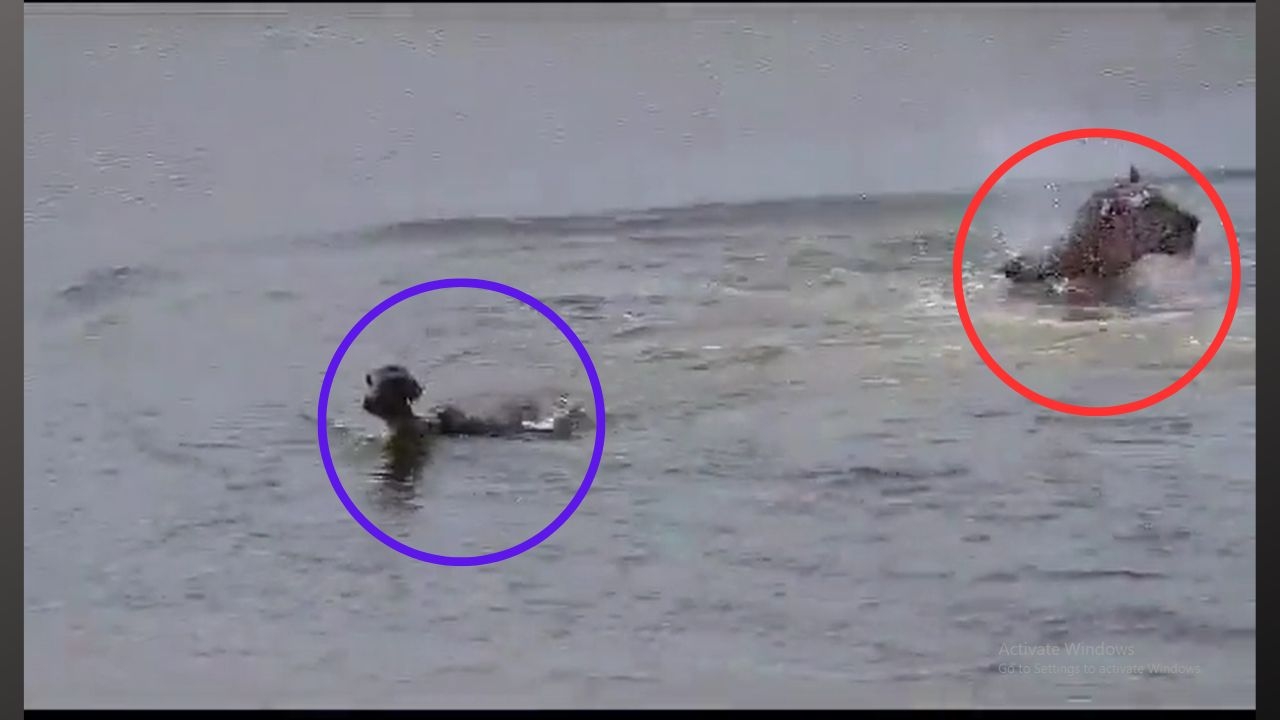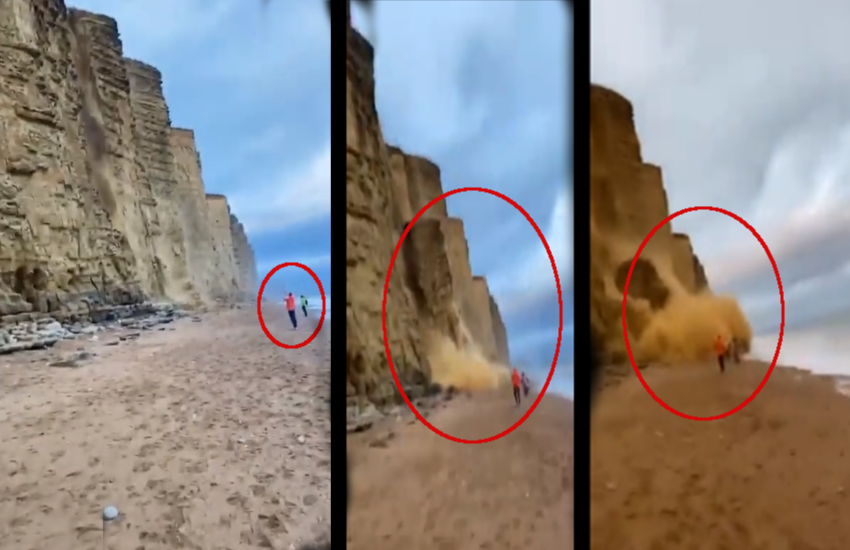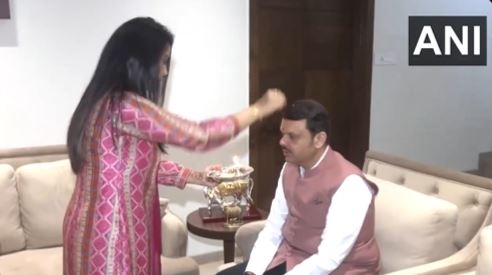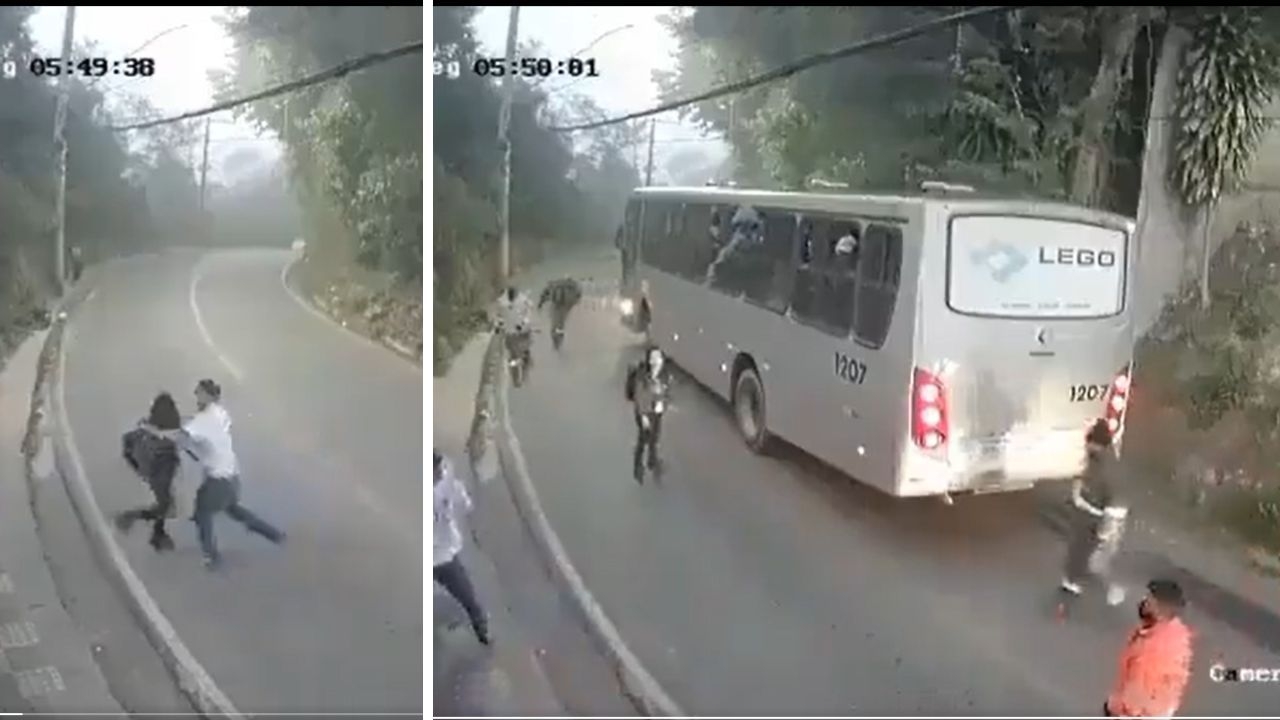Burhan Wani's death helped Pakistan consolidate position in Kashmir: Former RAW chief

Kashmir is a complex issue which needs special attention of both Indian and Pakistani governments, said AS Dulat, former chief of Research and Analysis Wing (RAW) and author of the book The Vajpayee Years.
Dulat was in Mumbai on Friday where he delivered a talk on Kashmir: Reasons for Unrest and Pathways to Peace, organised by Observer Research Foundation, Mumbai.
"The developments in last four months have nothing but worsened the situation and reduced the Kashmir Valley into a mess. Despite all odds, both the governments can arrive at a consensus on the issue, but with dialogue. There is no other way to resolve Kashmir issue," said Dulat.
Dulat, who was also an advisor to the former Prime Minister Atal Bihari Vajpayee, feels that in the current political situation, there is no leader who has the stature like Vajpayee to resolve the Kashmir issue.
The Wani issue
"Kashmir has been reduced to complete mess in last four months after Burhan Wani, the poster boy of militancy, was killed by security forces. I was in Kashmir in June this year and could feel the undercurrents that something was terribly wrong," he said.
Dulat went on to explain that Wani, who hailed from a middle-class family, became a hero after being killed in July. He had the audacity to post pictures of himself holding weapons in social media. The killing triggered the unrest that followed in the Valley.
"Though politicians and bureaucrats had different stories to justify the killing, my question is, was it really necessary to kill him? He could have been handled the way Yasin Malik was handled in the past. He put down the gun after four years of meticulous efforts by the government and intelligence agencies," Dulat asked.
The average lifespan of a terrorist is two-and-half years. After that, he either surrenders or goes to Pakistan. Burhan Wani could have been brought to ground like Yasin Malik, Dulat explained.
"What has happened in the Kashmir Valley over four months after Burhan Wani was killed, is much worse than the beginning of militancy in 1989. Though things are back to normal, the fact remains that around 1,500 youths are still behind bars for stone pelting. Burhan Wani, too was stone pelter once upon a time who turned into a militant. We need to ponder over this and think about the youths who are now behind bars," Dulat said.
Dulat opined that Pakistan had lost considerable ground in Kashmir, but Wani's killing helped it to not only to regain, but also consolidate its position.
"Burhan Wani's killing even shocked Pakistan. The leadership there was in a state of shock for over four days and did not know how to react. The unrest that followed the killing has brought Pakistan back into the valley," Dulat said.
The politics of it
The Assembly elections in 2014 provided a great opportunity in the BJP and PDP alliance. "The alliance was inevitable and crucial to bring Jammu and Kashmir together. But the late Mufti Mohammad Sayeed lost the opportunity when he thanked Pakistan and militants for peaceful elections in the state. As a result, common Kashmiri distanced himself from him. Sayeed, during his last tenure as chief minister. He scored a century in the first and got out for a zero in the second," he said.
According to Dulat, the current status quo in Jammu and Kashmir will help Pakistan and not India. If this continues, Pakistan will regain entry into Jammu and Kashmir he said.
"Kashmiri people had realised that Pakistan could not do anything for them. Still, it remains as a fallback option for them in the case of unrest," Dulat said.
The Vajpayee angle
According to Dulat, Vajpayee was a man of few words, but anyone who closely watched him and studied his politics could realise that he was clear as far as a confrontation with Pakistan and peace in Jammu and Kashmir was concerned.
"A separatist leader who had come to Delhi when PV Narasimha Rao was prime minister, refused to meet him, but met Vajpayee and was highly impressed after by Vajpayee's thoughts on resolving the issue with humanity. As a result of the meeting, even today, Vajpayee is respected in the Valley," Dulat said.
He had an emotional connect with Kashmir and people of Kashmir. People were ready to go to any extent to support his peace initiatives. He gave hope to them, explained Dulat, adding that Vajpayee was one of the few prime ministers who had addressed a public meeting in Jammu and Kashmir.
"During Vajpayee's tenure, the peace initiatives had gone so far that, despite LK Advani being a hardliner, the separatist groups were called Advani Hurriyat. They were ready to accept whatever Vajpayee and Advani said and offered them," Dulat said.
Edited by Jhinuk Sen
First published: 28 November 2016, 12:48 IST



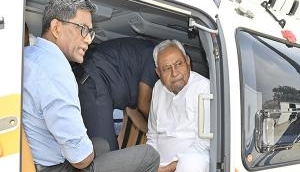
![BJP's Kapil Mishra recreates Shankar Mahadevan’s ‘Breathless’ song to highlight Delhi pollution [WATCH] BJP's Kapil Mishra recreates Shankar Mahadevan’s ‘Breathless’ song to highlight Delhi pollution [WATCH]](https://images.catchnews.com/upload/2022/11/03/kapil-mishra_240884_300x172.png)

![Anupam Kher shares pictures of his toned body on 67th birthday [MUST SEE] Anupam Kher shares pictures of his toned body on 67th birthday [MUST SEE]](https://images.catchnews.com/upload/2022/03/07/Anupam_kher_231145_300x172.jpg)



